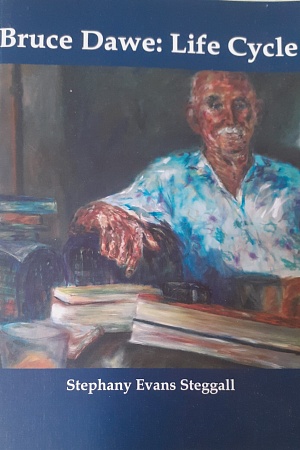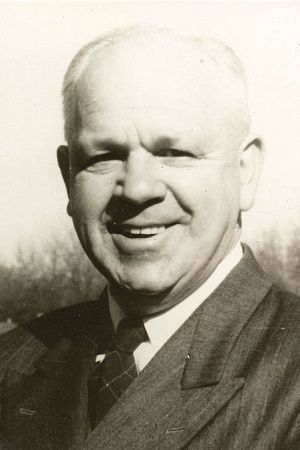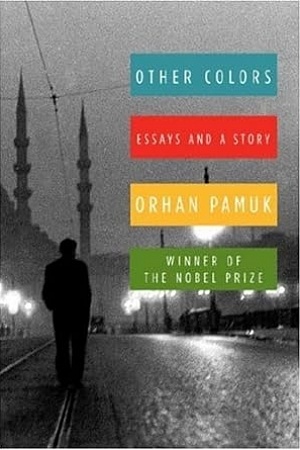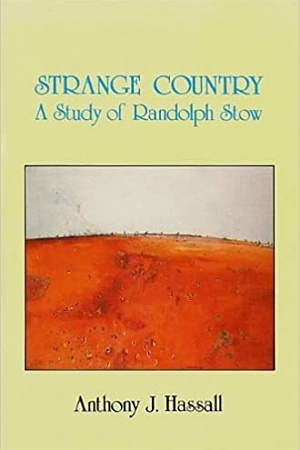Kerryn Goldsworthy reviews three books on Charmaine Clift
‘AT NIGHT,’ wrote Charmian Clift one summer in the late 1950s on the Greek island of Hydra where she lived with her husband and children, where the harbour village had been invaded by summer tourists, where teams of local Greek matrons invaded the kitchen in relays to monitor the foreign woman’s housework and mothering techniques, where the water supply was rapidly drying up, where she and her husband George Johnston worked too hard and worried too much about the inadequate royalty cheques that continued to fail to arrive – ‘At night,’ she wrote:
the water slides over your body warm and silky, a mysterious element, unresistant, flowing, yet incredibly buoyant. In the dark you slip through it, unquestionably accepting the night’s mood of grace and silence, a little drugged with wine, a little spellbound with the night, your body mysterious and pale and silent in the mysterious water, and at your slowly moving feet and hands streaming trails of phosphorescence, like streaming trails of stars. Still streaming stars you climb the dark ladder to the dark rock, shaking showers of stars from your very fingertips, most marvellously and mysteriously renewed and whole again.
‘Pagan’ was one of Clift’s husband’s favourite words for her, and one of her favourite words for herself. But it was precisely her own passionate capacity for nature-worship that made her such an empathetic observer of Christianity as practised in Greece. Transcendence and ecstasy were real things for her and, when she uses words like marvel and mystery, that is exactly what she means. ‘In the strange, still world of hot noontime,’ she had written on Kalymnos three years before:
… the burning grey beach is deserted, and the sea is still … Brilliant against the dazzling stairs a barefooted woman climbs slowly up from the sea, her head erect under a pile of black and crimson rugs … Without lifting my eyes I can look directly at the gilded cross surmounting the green dome of Agios Nikolas. The sound of chanting that wells up with the wide ascending stair seems inevitable, a vocal utterance of worship to the source of this pure incandescence that is pouring down on the world – Be still and know that I am God! The fringed brazen standards, the spindly black-ribboned cross are molten gold, drawn to the source of light, defying gravity, flowing up the cracked concrete steps.
Mermaid Singing (HarperCollins, $24.95 pb, 422 pp, 0 7322 6886 9) and Peel Me a Lotus (1959) are Clift’s two ‘Greece’ books, generic hybrids somewhere between ‘travel’ and ‘autobiography’. She wrote them in time stolen from her duties and pleasures as the mother of three small children and the junior partner in the marital, collaborative writing team. These two books have now been published together to form one of two companion volumes to Nadia Wheatley’s biography. The other, Selected Essays (HarperCollins, $24.95 pb, 408 pp, 0 7322 6887 7), contains an assortment of Clift’s columns and articles written between the family’s return from Greece in 1964 and her death five years later. Most of them first appeared in the Sydney Morning Herald, where her weekly column rapidly acquired cult status. In choosing eighty from Clift’s 225 published essays, Wheatley has tried, she says, ‘to give a representative sample of her concerns and interests’.
Continue reading for only $10 per month. Subscribe and gain full access to Australian Book Review. Already a subscriber? Sign in. If you need assistance, feel free to contact us.








